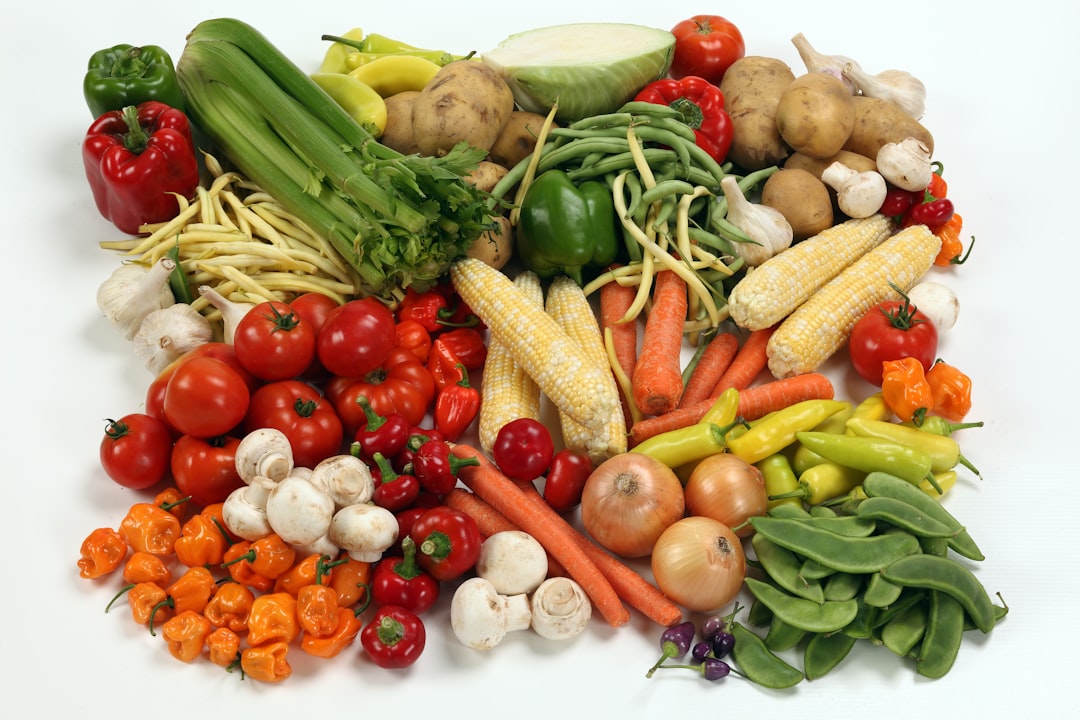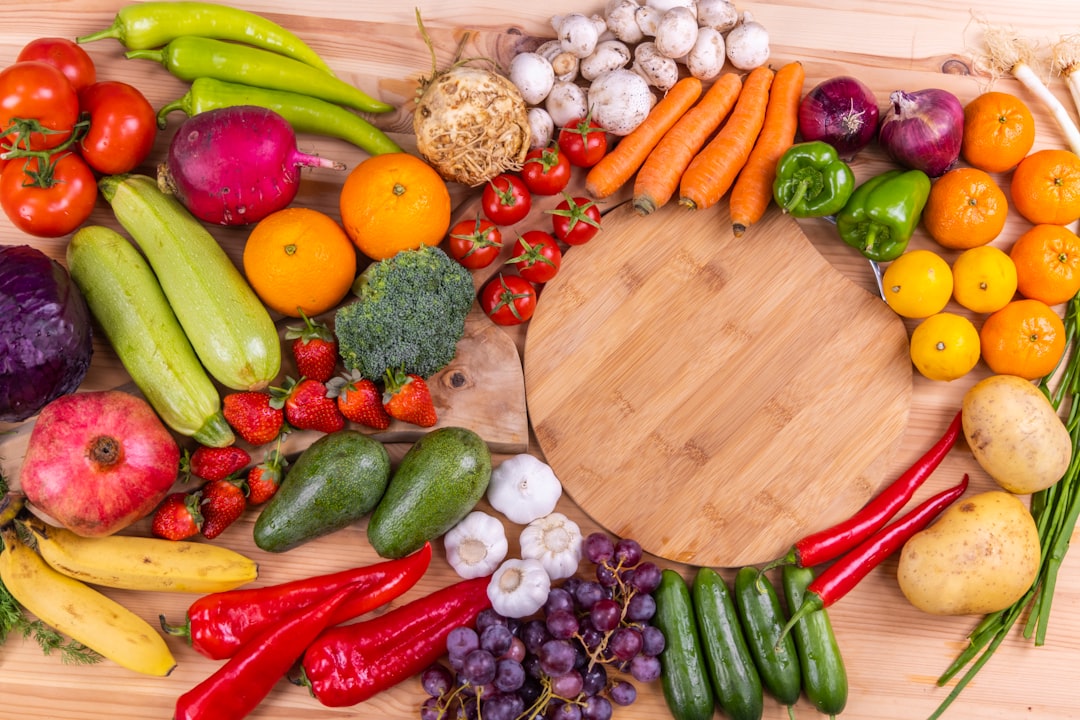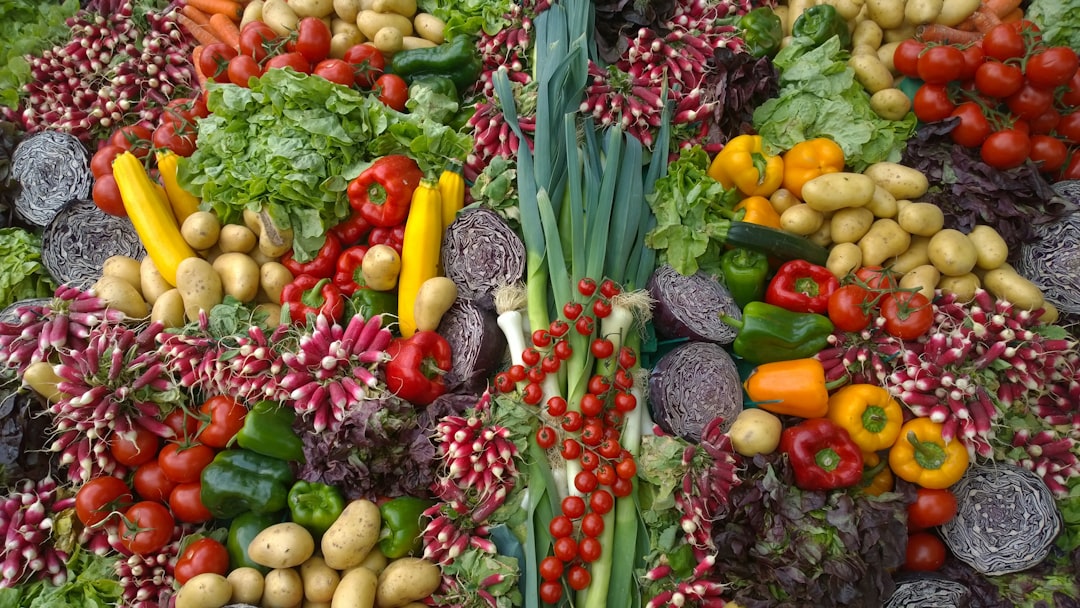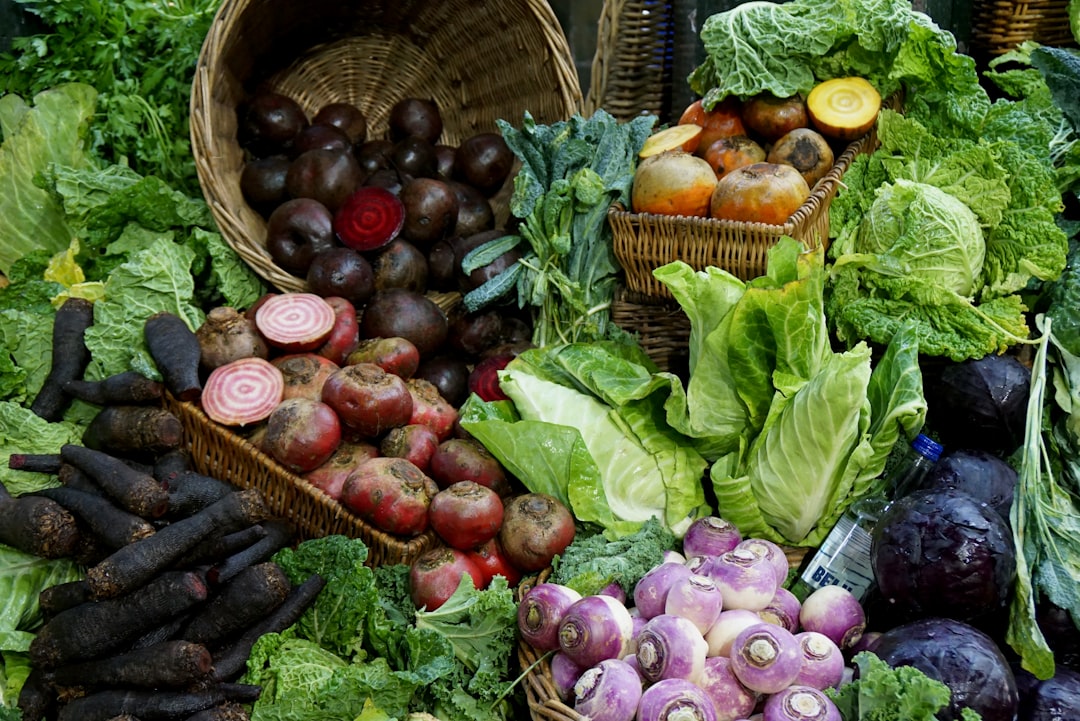As our lives become increasingly busy and hectic, it’s easy to fall into the habit of mindlessly consuming our meals without paying attention to what, how, and why we are eating. Mindful eating is a practice that encourages us to slow down, pay attention to our food, and fully experience the sensations and emotions that come with eating. By practicing mindful eating, we can cultivate a healthier relationship with food, improve our digestion, and even enhance our overall well-being.
In this blog post, we will explore the concept of mindful eating, its benefits, practical tips for incorporating it into your daily routine, strategies for overcoming challenges, and how it differs from traditional dieting. By the end of this post, you will have a better understanding of how mindful eating can positively impact your life and your relationship with food.
What is Mindful Eating?
Mindful eating is a practice that involves paying full attention to the experience of eating and drinking. It involves being fully present and engaged in the act of eating, without distractions like watching TV, scrolling on your phone, or working on your computer.
When practicing mindful eating, you use all your senses to savor and enjoy your food. This means paying attention to the colors, textures, smells, flavors, and even sounds of your food. You take the time to chew slowly and thoroughly, allowing yourself to fully taste and appreciate each bite.
Mindful eating is about listening to your body’s hunger and fullness cues, and eating in response to physical cues rather than emotional triggers. It involves being aware of your thoughts and feelings around food, and cultivating a non-judgmental attitude towards yourself and your eating habits.
Overall, mindful eating is about cultivating a healthier and more balanced relationship with food, allowing you to enjoy your meals more fully and make choices that support your overall well-being.
Overall, mindful eating is about cultivating a healthier and more balanced relationship with food, allowing you to enjoy your meals more fully and make choices that support your overall well-being.
The Benefits of Mindful Eating
There are numerous benefits to incorporating mindful eating into your daily routine. One of the main advantages is that it helps you become more in tune with your body’s hunger and fullness cues. By paying close attention to how your body feels before, during, and after meals, you can learn to distinguish between physical hunger and emotional hunger. This can prevent overeating and promote a healthier relationship with food.
Mindful eating also allows you to savor and enjoy your food more fully. When you slow down and focus on each bite, you can appreciate the flavors, textures, and aromas of your meals. This can enhance your overall dining experience and lead to a greater sense of satisfaction after eating.
In addition, practicing mindful eating can help improve digestion and reduce digestive issues such as bloating, gas, and indigestion. When you chew your food slowly and thoroughly, you break down the food more effectively, making it easier for your body to digest and absorb nutrients. This can lead to better digestion and fewer gastrointestinal discomforts.
Furthermore, mindful eating can promote weight loss and weight maintenance. By being more aware of what and how much you eat, you are less likely to consume excess calories. This can help you reach and maintain a healthy weight without the need for restrictive diets or harsh food rules.
Overall, the benefits of mindful eating extend beyond just the physical aspects. It can also improve your mental well-being by reducing stress, anxiety, and emotional eating. By practicing mindfulness during meals, you can cultivate a sense of calm and relaxation, leading to a more balanced and harmonious relationship with food.
When you slow down and focus on each bite, you can appreciate the flavors, textures, and aromas of your meals.
Practical Tips for Incorporating Mindful Eating into Your Daily Routine
Now that we understand the concept of mindful eating and the numerous benefits it can bring, let’s discuss some practical tips for incorporating mindful eating into your daily routine. These tips can help you become more mindful of your eating habits and develop a healthier relationship with food.
- Slow down: One of the key principles of mindful eating is to slow down and savor each bite. Take the time to chew your food slowly and pay attention to the flavors, textures, and sensations in your mouth. This can help you become more aware of when you are full and prevent overeating.
- Avoid distractions: Try to eat without distractions, such as watching TV or scrolling through your phone. By focusing solely on your meal, you can better tune into your body’s hunger and fullness cues.
- Listen to your body: Pay attention to your body’s hunger and fullness signals. Eat when you are hungry and stop when you are satisfied, rather than when your plate is empty or when the clock says it’s time to eat. Trust your body to guide you in making healthy food choices.
- Practice gratitude: Take a moment before each meal to express gratitude for the food in front of you. This can help you cultivate a positive relationship with food and appreciate the nourishment it provides for your body.
- Engage your senses: Notice the colors, smells, and textures of your food. Take time to appreciate the beauty of your meal before diving in. Engaging all of your senses can help you fully enjoy the eating experience.
- Avoid judgment: Practice self-compassion and kindness towards yourself as you eat. Avoid labeling foods as “good” or “bad” and instead focus on nourishing your body with foods that make you feel good both physically and mentally.
- Stay present: Stay present in the moment as you eat, rather than worrying about the past or the future. Mindful eating is about being fully engaged in the experience of eating, without judgment or distraction.
By incorporating these practical tips into your daily routine, you can cultivate a more mindful approach to eating and develop a healthier relationship with food. Remember that mindful eating is a journey, and it’s okay to have slip-ups along the way. Practice self-compassion and patience as you work towards becoming more mindful of your eating habits.
Avoid labeling foods as “good” or “bad” and instead focus on nourishing your body with foods that make you feel good both physically and mentally.
Overcoming Challenges with Mindful Eating
While mindful eating can have numerous benefits for our physical and mental health, it is not always easy to incorporate this practice into our daily lives. Like any new habit, it can come with its own set of challenges that may hinder our progress. Here are some common challenges with mindful eating and how to overcome them:
- Busy Schedule: One of the most common challenges people face when trying to practice mindful eating is a busy schedule. It can be difficult to find the time to sit down and eat mindfully, especially during hectic days. To overcome this challenge, try to schedule specific times for your meals and snacks, even if it means setting aside just 10-15 minutes to focus on your food without distractions.
- Distractions: In today’s fast-paced world, distractions are everywhere, making it hard to fully engage in the present moment while eating. To overcome this challenge, try to create a designated eating space free from distractions such as TV, phone, or computer. Focus on the sensory experience of eating, paying attention to the taste, texture, and aroma of your food.
- Emotional Eating: Many of us turn to food for comfort or as a way to cope with emotions such as stress, sadness, or boredom. This can pose a challenge to mindful eating as it involves being aware of our emotions without using food as a crutch. To overcome this challenge, practice self-compassion and find alternative ways to manage emotions such as journaling, talking to a friend, or engaging in a hobby.
- External Influences: External influences such as social gatherings, peer pressure, or food advertising can make it challenging to stick to mindful eating. To overcome this challenge, practice assertiveness and set boundaries when it comes to food choices. Remember that it’s okay to say no to foods that do not align with your mindful eating goals.
- Old Habits: Breaking old habits and patterns related to food and eating can be a significant challenge when transitioning to mindful eating. To overcome this challenge, be patient with yourself and practice self-awareness. Notice any automatic or mindless eating behaviors and gently redirect your attention back to the present moment.
By acknowledging and addressing these challenges, you can overcome obstacles that may arise while practicing mindful eating and ultimately experience the full benefits of this mindful approach to eating.
Mindful Eating vs. Dieting: Understanding the Difference
While both mindful eating and dieting may involve paying attention to what you eat, they are actually quite different approaches to achieving a healthier relationship with food.
First and foremost, mindful eating focuses on the experience of eating itself. It involves being fully present and aware of the tastes, textures, and sensations of each bite. Mindful eating encourages you to slow down, savor your food, and truly enjoy the eating process. On the other hand, dieting tends to be more restrictive and focused on rules and limitations. Diets often involve counting calories, tracking macros, or following strict meal plans.
Another key difference between mindful eating and dieting is the mindset behind each approach. Mindful eating is all about developing a non-judgmental attitude towards food and yourself. It encourages self-compassion, self-awareness, and self-acceptance. On the contrary, dieting can breed feelings of guilt, shame, and failure. It often creates a mindset of deprivation and restriction, which can lead to unhealthy relationships with food and body image.
Furthermore, mindful eating is a sustainable and long-term approach to healthy eating. It focuses on listening to your body’s hunger and fullness cues, making food choices that nourish your body, and cultivating a positive relationship with food. In contrast, dieting is often seen as a short-term solution for weight loss. Many diets are not sustainable in the long run and can lead to yo-yo dieting, weight fluctuations, and even eating disorders.
In summary, while mindful eating and dieting both have the goal of improving your health and well-being, their approaches and outcomes can be vastly different. Mindful eating is about creating a mindful and positive relationship with food, while dieting often involves restriction and short-term fixes. By understanding the difference between the two, you can make informed choices about how you nourish your body and mind.
Mindful eating is all about developing a non-judgmental attitude towards food and yourself.
Conclusion
In conclusion, mindful eating is a powerful practice that can truly transform the way you approach food and your relationship with eating. By being fully present and aware of your actions while eating, you can not only improve your overall health and well-being, but also find a greater sense of satisfaction and enjoyment in the food you consume.
Through this blog post, we have explored what mindful eating is, the benefits it can bring, practical tips for incorporating it into your daily routine, and how to overcome challenges that may arise. We have also delved into the key differences between mindful eating and traditional dieting, highlighting the importance of focusing on the present moment rather than strict rules and restrictions.
As you embark on your mindful eating journey, remember to be patient and gentle with yourself. It may take time to fully embrace this new way of eating, but the rewards are well worth it. By cultivating a more mindful approach to food, you can nourish your body, mind, and soul in a way that promotes overall health and vitality.
Thank you for joining us on this exploration of mindful eating. We hope that you find success and fulfillment as you incorporate these practices into your own life. Here’s to a healthier and happier relationship with food!





